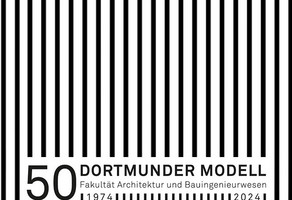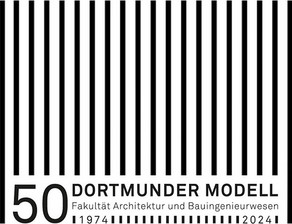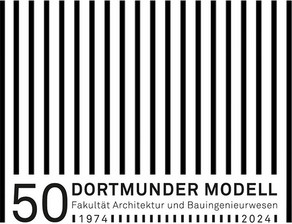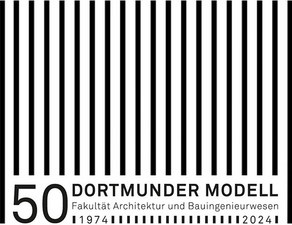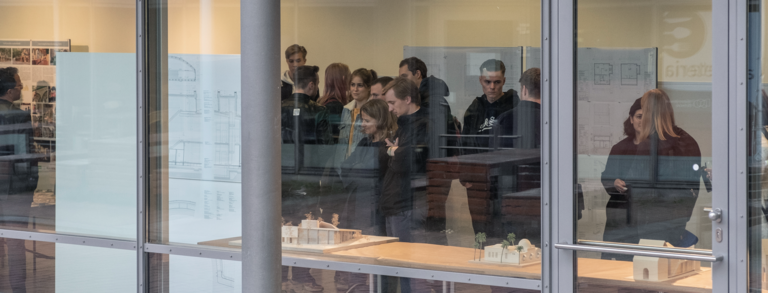Contents and skills
Numerical mechanics examines a wide range of engineering problems from their theoretical foundations to their algorithmic implementation in programs and their application. The discipline of mechanics, statics and dynamics is located between the design and the material realization of a structure. It claims to use deterministic models to predict the stability and serviceability of the load-bearing structure in the context of the design, the load assumptions and the building foundation. This discipline emerged with the beginning of the industrial revolution and the machine age and continues to develop today, particularly in the field of computer-aided methods. Whereas before the development of structural analysis, master builders had to rely on empirical values and empiricism, today all ideas and characteristics of load transfer can be numerically modeled and analyzed. This implies a wealth of possibilities but also of requirements, as the engineer retains responsibility for the reliability of the predictions. The field of computational mechanics opens up a wide range of fields of activity for graduates both within and outside the construction industry.
Compulsory choice of subjects for the specialization
- all optional subjects from subject group B in specialization area 1 + 2 (modules 410/411)
- Master's thesis in the subject area of the specialization area

